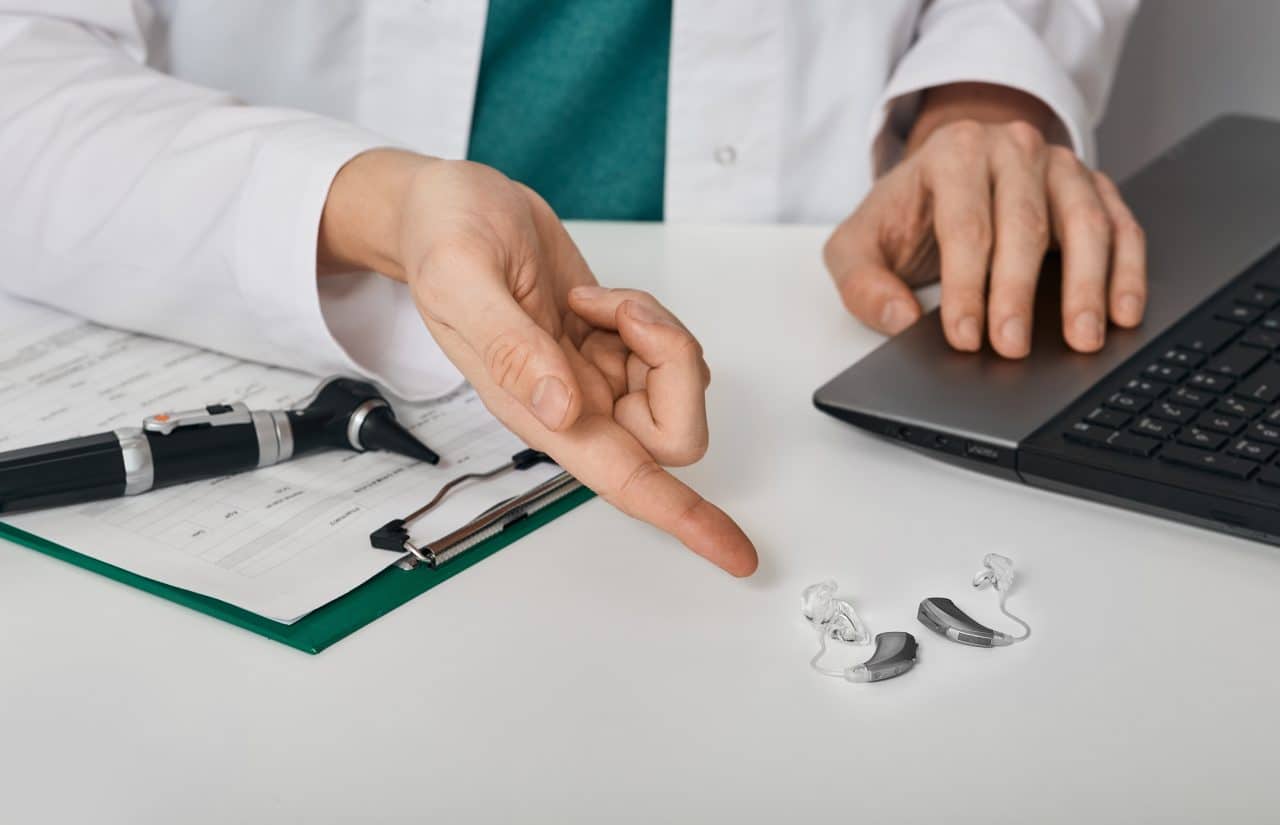According to the Centers for Disease Control and Prevention, “In 2019, 7.1% of adults aged 45 and over used a hearing aid.” If you use a hearing aid that takes disposable batteries, as most do, it’s important to know what to do with the used ones. We review how to recycle used hearing aid batteries below.
Why Recycle Batteries?

If you throw your batteries in the trash, you’re contributing to pollution. Most hearing aids take zinc-air button batteries, many of which contain mercuric oxide and silver. Over time, the outer casings of the batteries corrode, releasing these heavy metals into the soil, which then seeps into the groundwater.
In addition, trash containing batteries that are burned can release harmful smoke into the air, causing health problems for both people and animals.
It may seem like a small amount of pollution, but if everyone throws their batteries into landfills, the effect will be massive.
How Do I Recycle Batteries?
To recycle your hearing aid batteries, don’t simply throw them in your recycling bin. You can also ask local jewelry stores and larger retailers if they accept hearing aid batteries as part of their recycling program or look for a national recycling organization online.
What About Rechargeable Batteries?
As an alternative, you can talk to your audiologist at Advanced Audiology & Hearing Aids about hearing aids that utilize rechargeable batteries. These are built into the device and made of lithium-ion. You can dock your hearing aids on their charger each night while you’re sleeping to ensure you can hear all day long. These batteries last about as long as your hearing aids, and when it’s time for a hearing aid upgrade, you’ll simply trade them back to your audiologist, who can take care of the recycling.
Not only are these more environmentally friendly, but they can also be good for your wallet, saving you on the cost of buying batteries every few days or weeks. For more information about hearing aid batteries or to schedule an appointment with a hearing aid expert, call Advanced Audiology & Hearing Aids today.